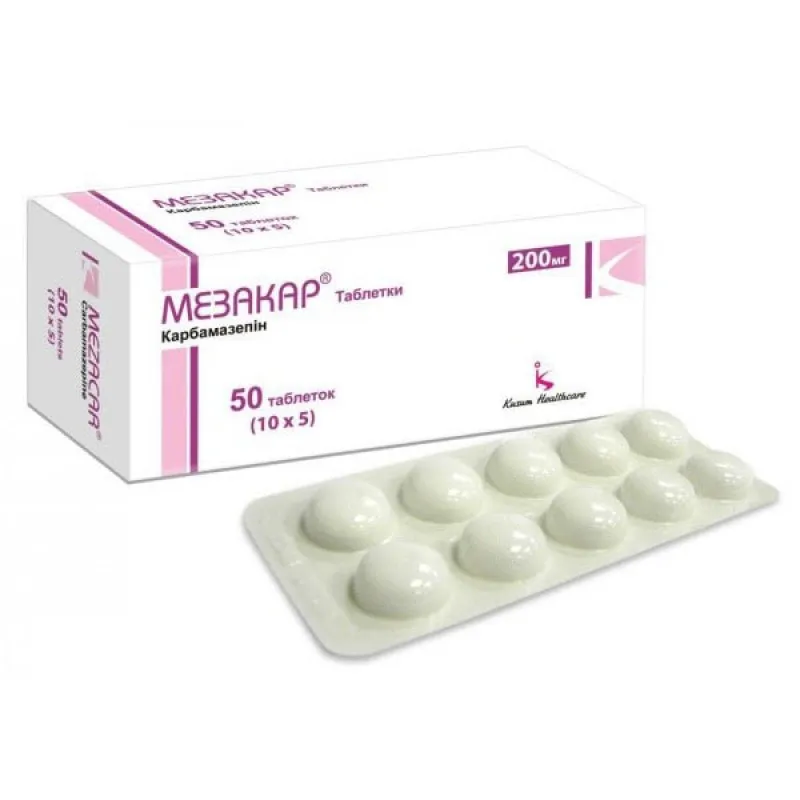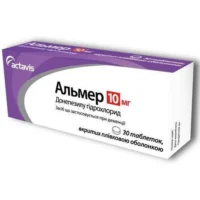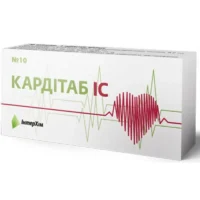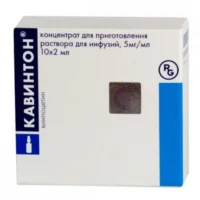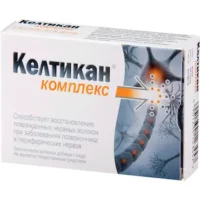Description
Mezacar (Carbamazepine) Tablets 200 mg. №50
Ingredients
- Active ingredient: Each tablet contains Carbamazepine 200 mg.
Dosage
- Recommended dosage: The typical initial dose is 200 mg twice daily. Adjustments may be made according to individual response.
Indications
- Indicated for: Mezacar is used in conditions such as epilepsy, trigeminal neuralgia, and bipolar disorder.
Contraindications
- Do not use Mezacar if you:
- Are allergic to carbamazepine or any other tablet components.
- Have a history of bone marrow suppression.
- Are currently taking MAO inhibitors.
Directions
- Administration: Take Mezacar tablets orally with or without food. Swallow the tablets whole with a full glass of water.
Scientific Evidence
- Pharmacological effects: Carbamazepine functions by reducing sustained, high-frequency neuronal firing, providing anticonvulsant effects. It also acts as a mood stabilizer by modulating neurotransmitter release.
- Clinical trials: Research indicates the efficacy of carbamazepine in seizure control for epilepsy and in managing manic and depressive episodes in bipolar disorder.
Additional Information
- Regular monitoring of blood counts and liver function tests is crucial while on Mezacar to identify potential side effects early.
- Avoid abrupt discontinuation of the medication to prevent withdrawal symptoms.
- Consult a healthcare provider before starting Mezacar if you have underlying medical conditions or are on other medications to prevent interactions.

